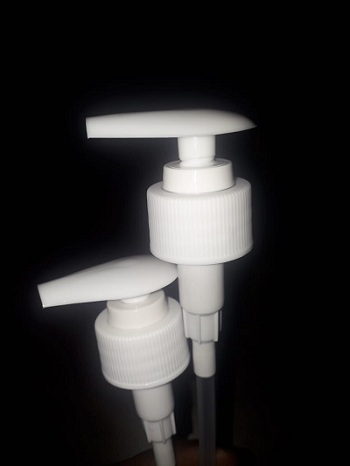|
ETP base stymies India's
growth
The plastics processing industry in India has
grown at double-digit rates for much of the
last 10 years, and some estimates say plastics
demand there will trail only China and the U.S.
by 2010. But without a solid base of domestic
engineering thermoplastics compounders, Indian
processors keen to use these materials will
have to continue paying an import tariff of
up to 20%, or stick to processing commodity
polymers.
Bluntly stated, there are few independent engineering
thermoplastics (ETP) compounders in India producing
good quality compounds. Minosha blames the lack
of suitable compounds on poor equipment, with
many compounders unwilling to invest in twin-screw
extruders. Competition is based solely on price,
he argues, not added value; charges for compounding
averages less then E .25/kg. Minosha's firm
uses top-of-the-line twin-screw compound extruders
from German and Japanese manufacturers, and
often fields requests to supply not just masterbatches
but also complete engineering thermoplastics
compounds. But, he adds, processors want quality
on the cheap and expect the company to match
the prices of the smaller ompounders. For this
reason, even firms such as his, with the necessary
infrastructure, are reluctant to enter the ompounding
market.
Someone has to, though, as India's processors
are being pushed to move beyond simply processing
plastics packaging for the domestic market toward
parts production for the country's fast growing
automotive industry. " I think the automotive
industry will drive the Indian plastics industry
forward," says Lalit Shah, Managing Director
at Plastemart (Mumbai), an Internet-based platform
for plastics information, consulting services,
back office operations and sales.
Shah knows the market; he started and ran a
cable extrusion plant selling into the automotive
market, but sold that to found Plastemart. He
sees a tremendous push in the country to increase
the use of plastics in cars; currently it is
about half the nearly 130 kg/vehicle of cars
made elsewhere. And even as the amount of plastic
per car is on the rise, so is total vehicle
production, with 1 million cars/yr expected
to leave Indian carmakers' plants by 2006.
Shah says the government recognizes the problem
and is forming a council to promote the development
of downstream sectors in India. But ETP supply
is also short; the country's leading suppliers,
notably
Reliance Industries and IPCL, supply only commodity
materials.
Still, Shah says the situation is not so dire.
According to Plastemart , the compounding market
is expected
to grow about 10% to 12% annually in the next
five years. Participating domestically are some
200 compounders, though most are quite small;
only a dozen or so produce more then 10,000
tonnes/yr .
Despite their optimism, Plastemart officials
agree that there is a need for more joint ventures
or cooperation
between domestic compounders and foreign-based
ETP suppliers to ensure market growth.
Others note that without ETP suppliers setting
up shop there, the ETP compounding market will
never flourish.
" There will be a rising demand in India,
but until the ETP suppliers are there, there
won't be the compounding
market," notes Andrew Hopkins, GM of Owens
Corning's automotive solutions business. OC
runs a
manufacturing joint venture with Tata Motors,
processing exterior parts of sheet molding compounds
for the
OEM. Hopkin's point is well taken; the five
leading suppliers of polyamide and polycarbonate
are all in China, or soon will be, but none
as yet make these materials in India.
|
Non-PVC Thermoplastic
Compounds Market In India
(Source : plastemart)
|
|
MATERIAL
|
1000
TONNES/YR COMPOUNDED
|
PP
|
125
|
|
PE |
50
|
| ETP |
75
|
| Masterbatches |
90
|
| Others(Incl.
TPE) |
10
|
| Total |
340
|
| Note: This table does not
include some 70,000 tonnes/yr of ABS compounded
by Bayer ABS and Bhansali Engineering |
(An interview of Lalit Shah
( MD, www.plastemart.com) with Mathew Defosse
as featured in Modern Plastics International,
December 2004 issue)
Previous Article
Next Article
Tell Us What You Want

Dispenser Pump, Spray Pump
| | | |
